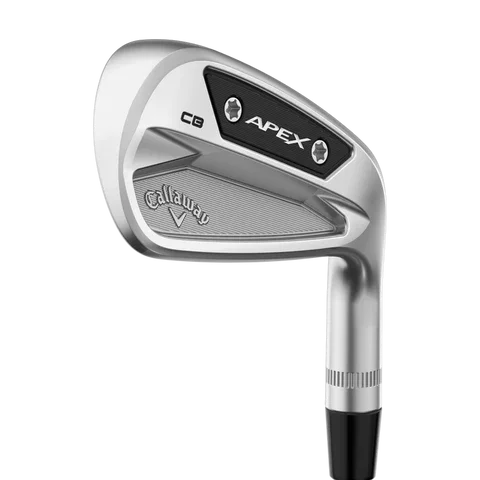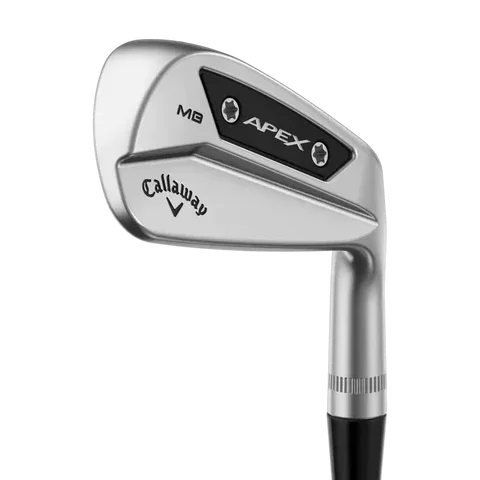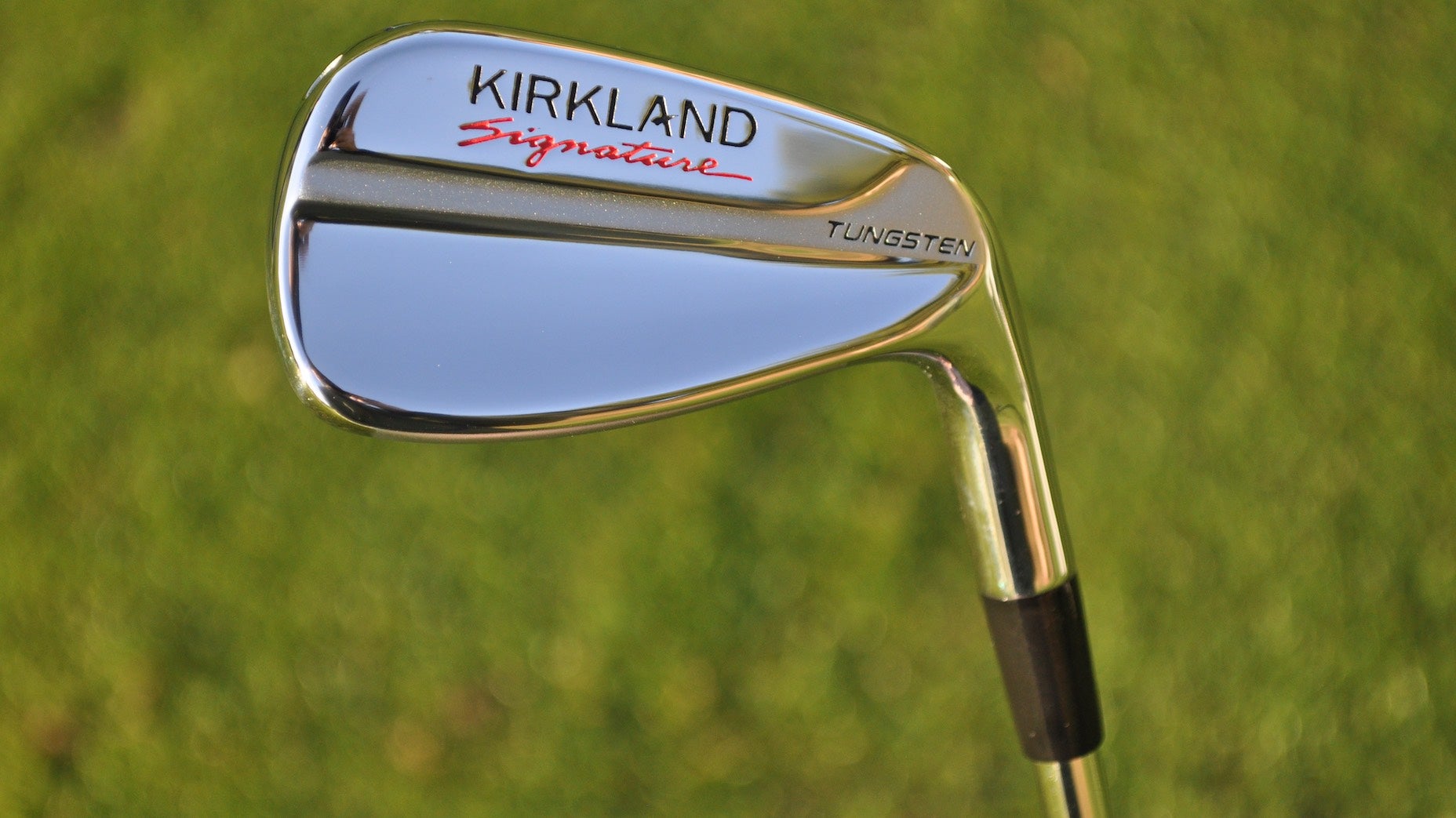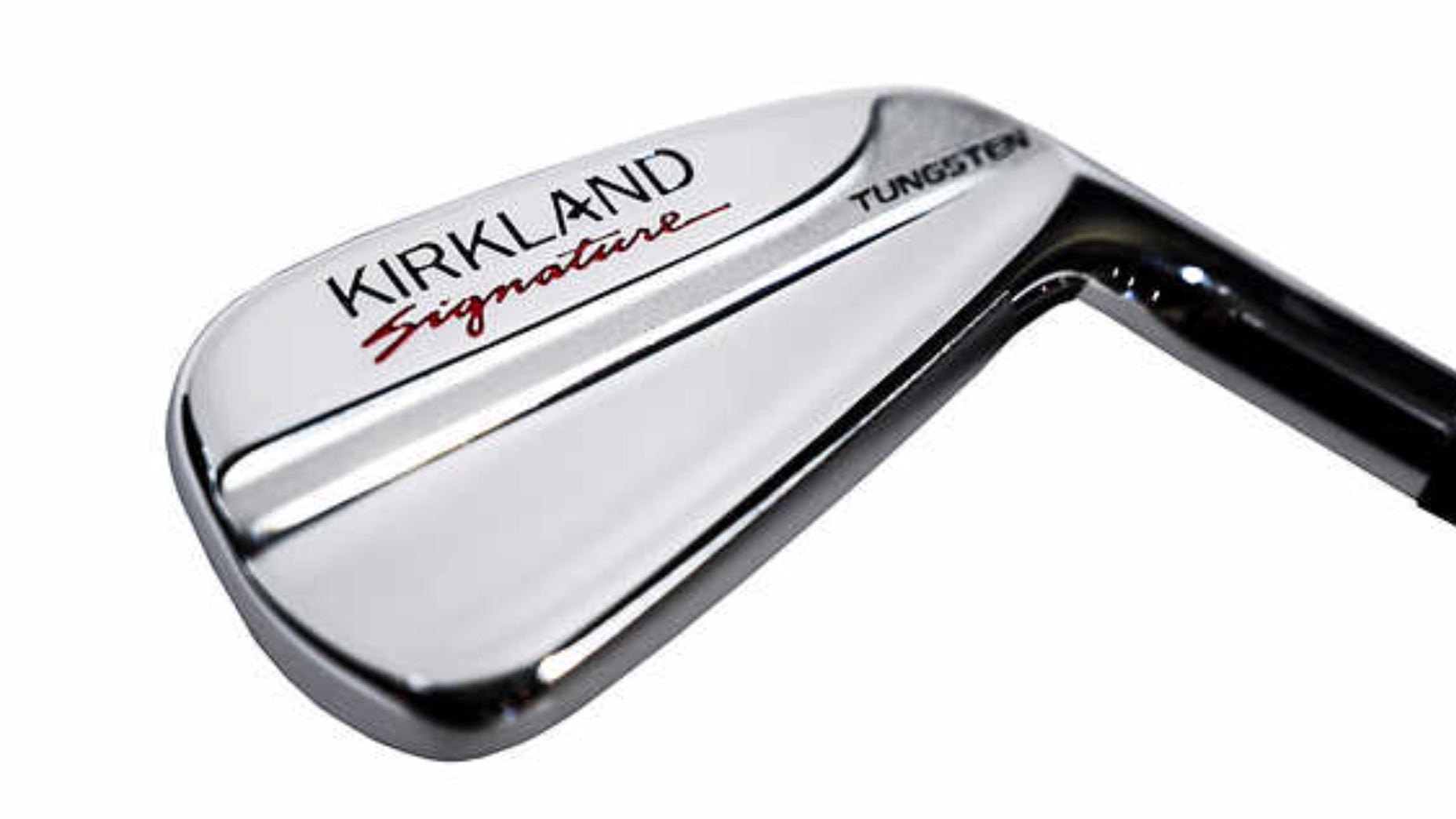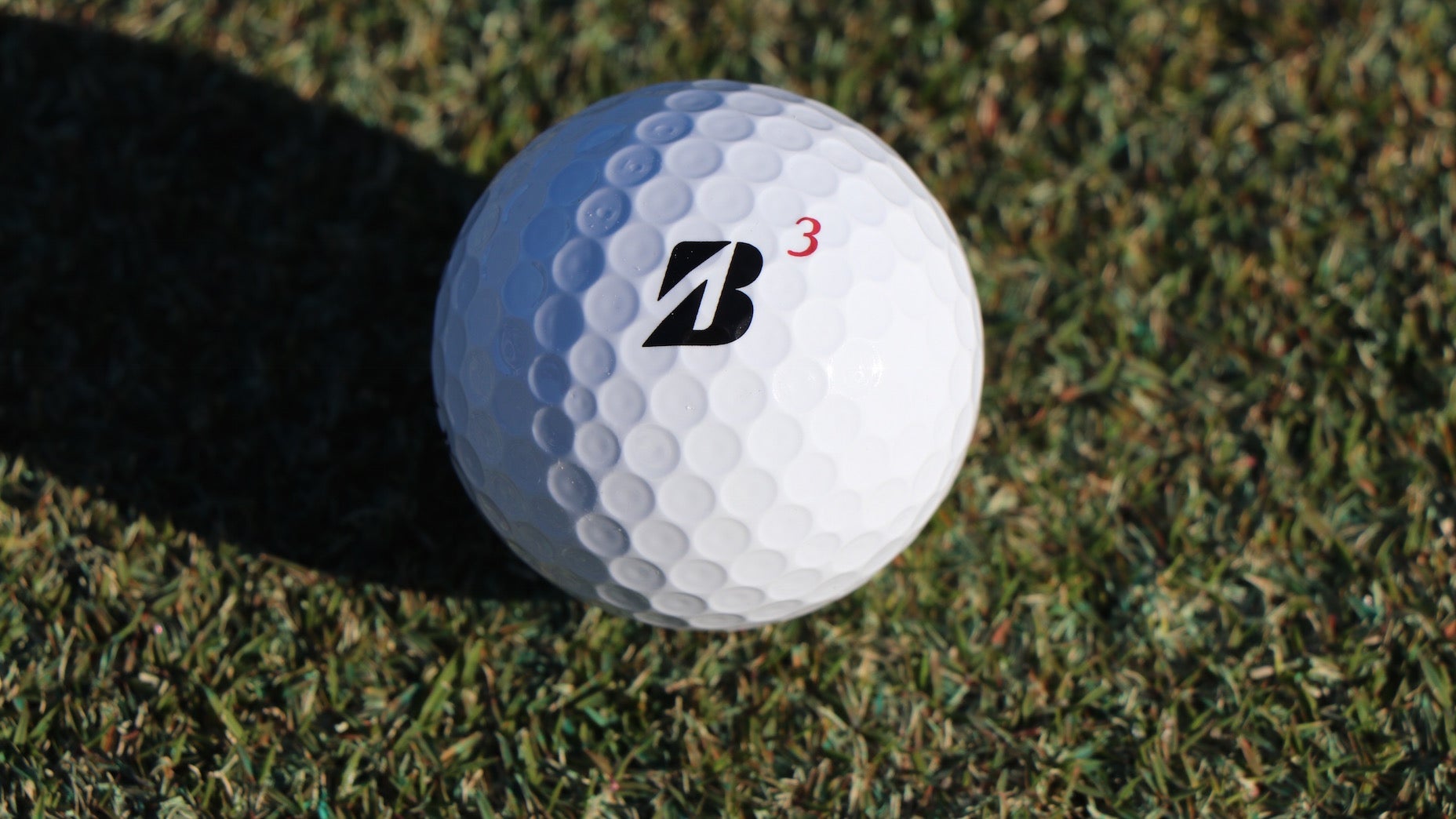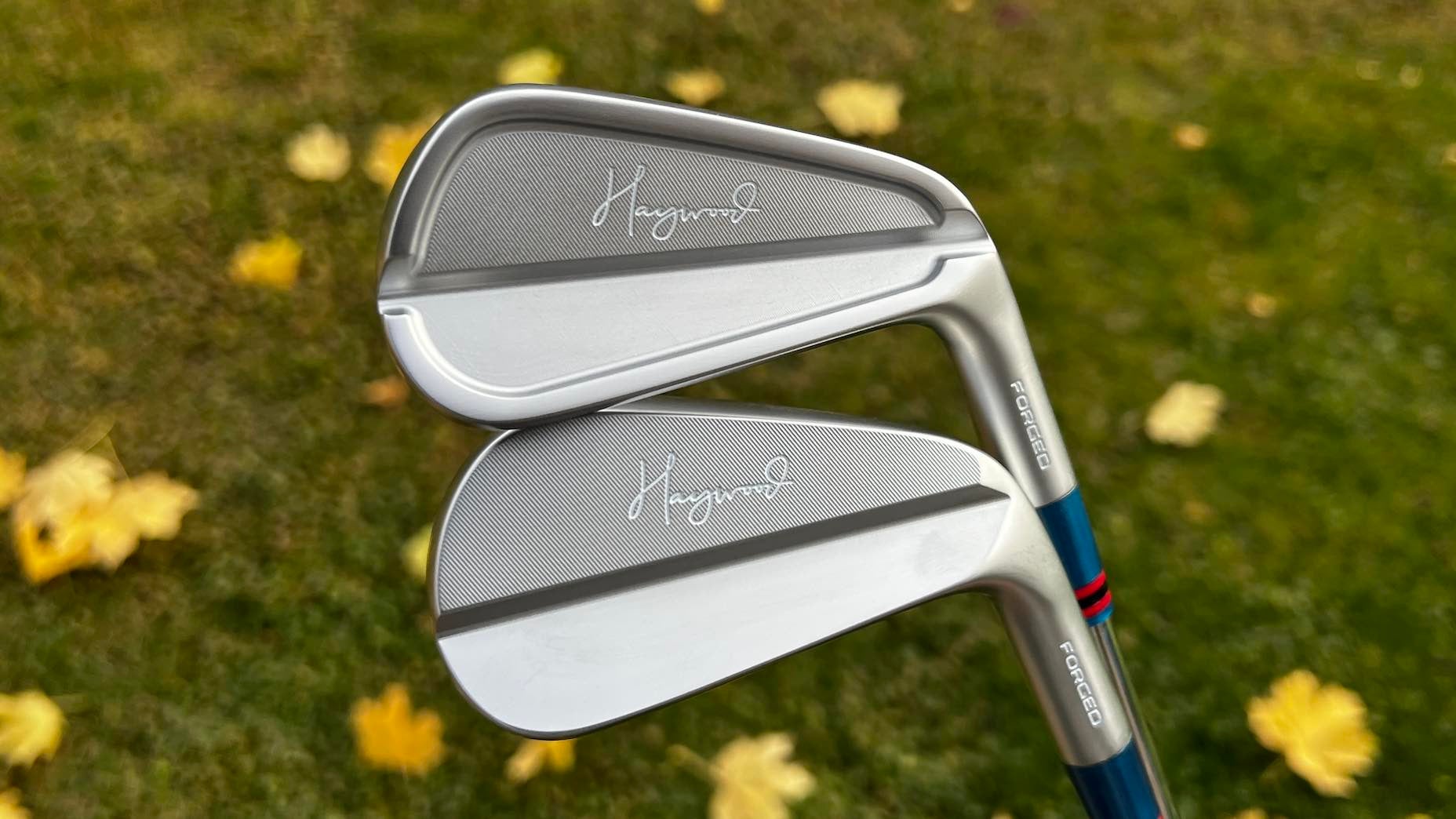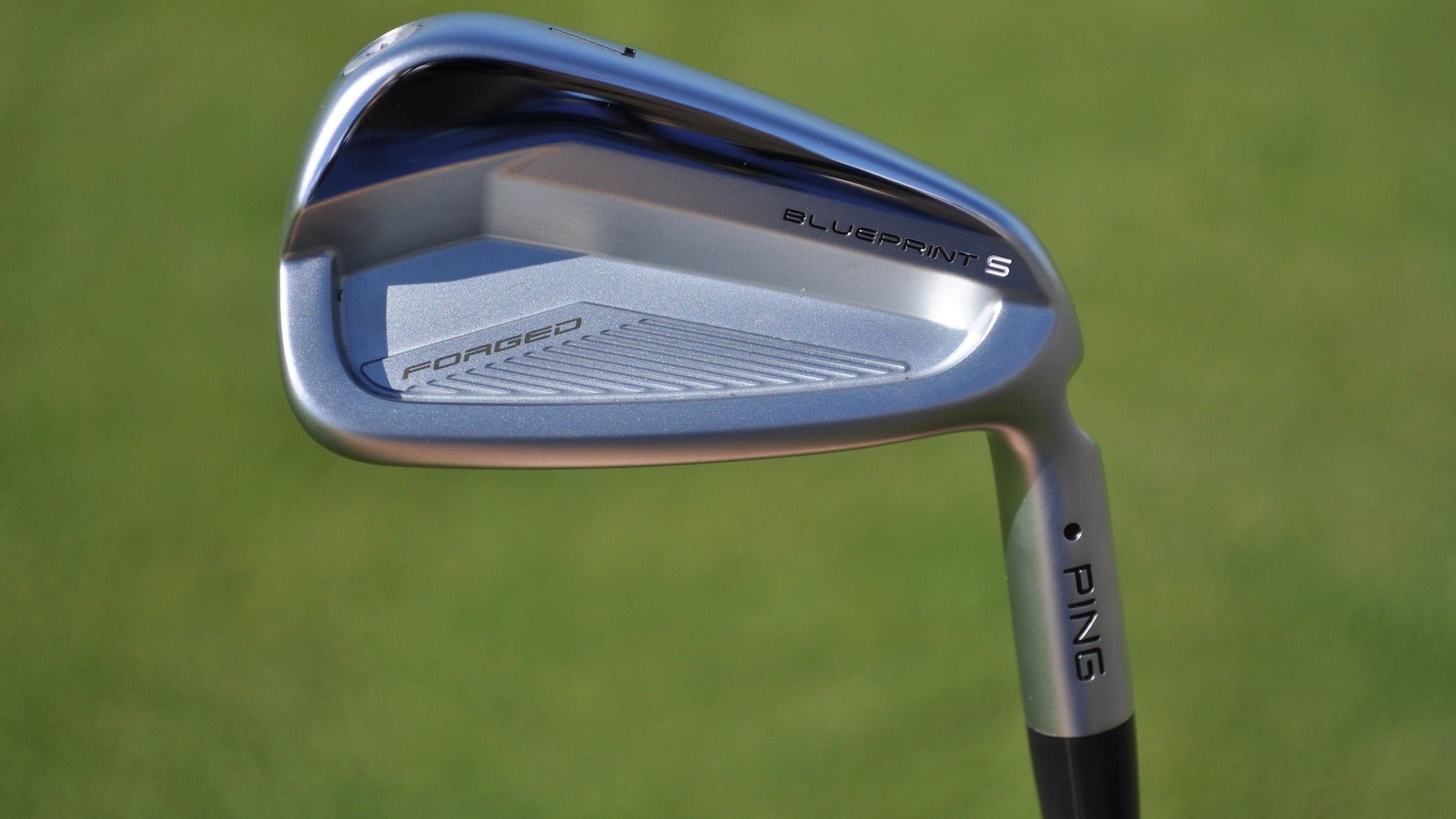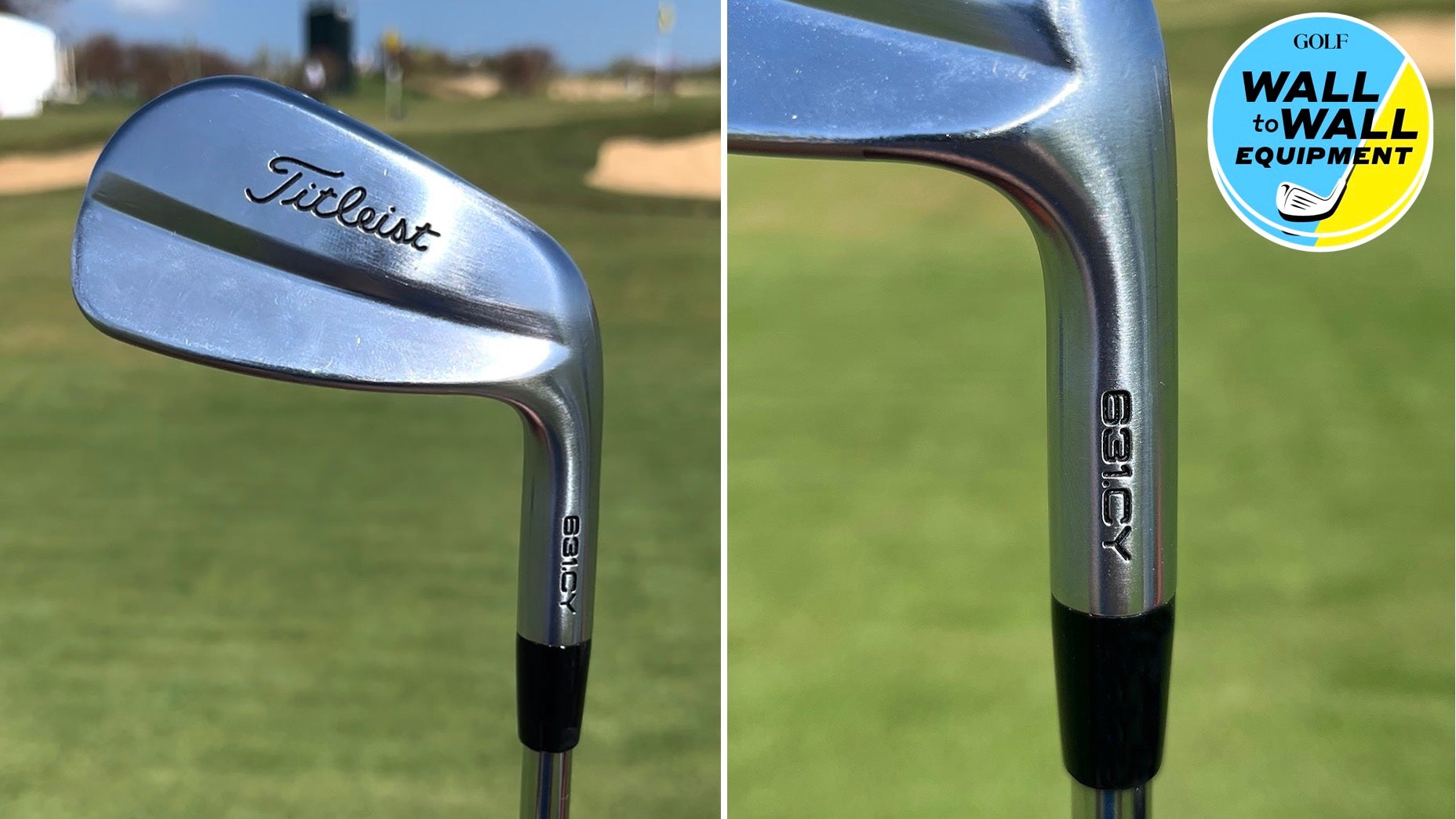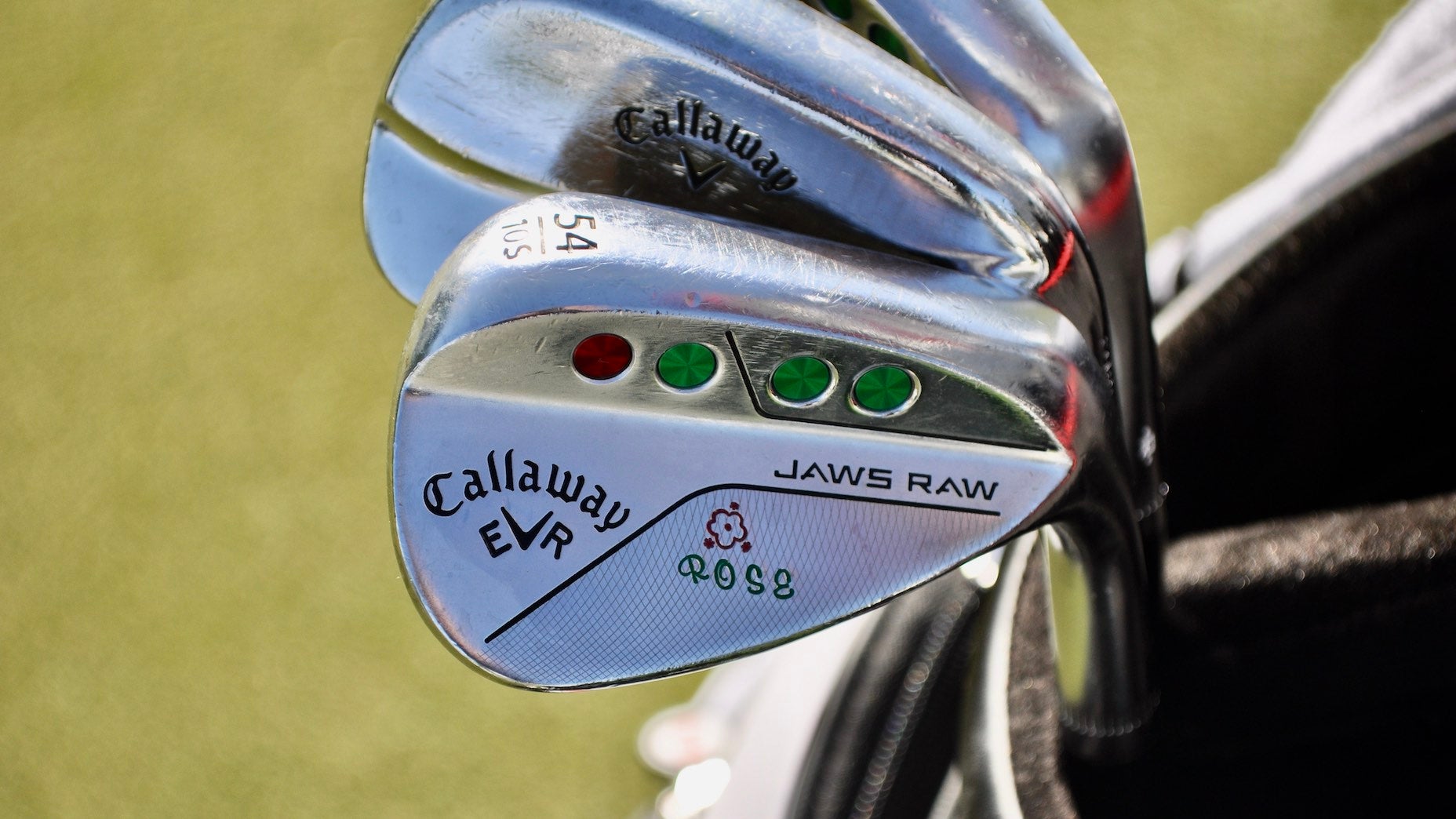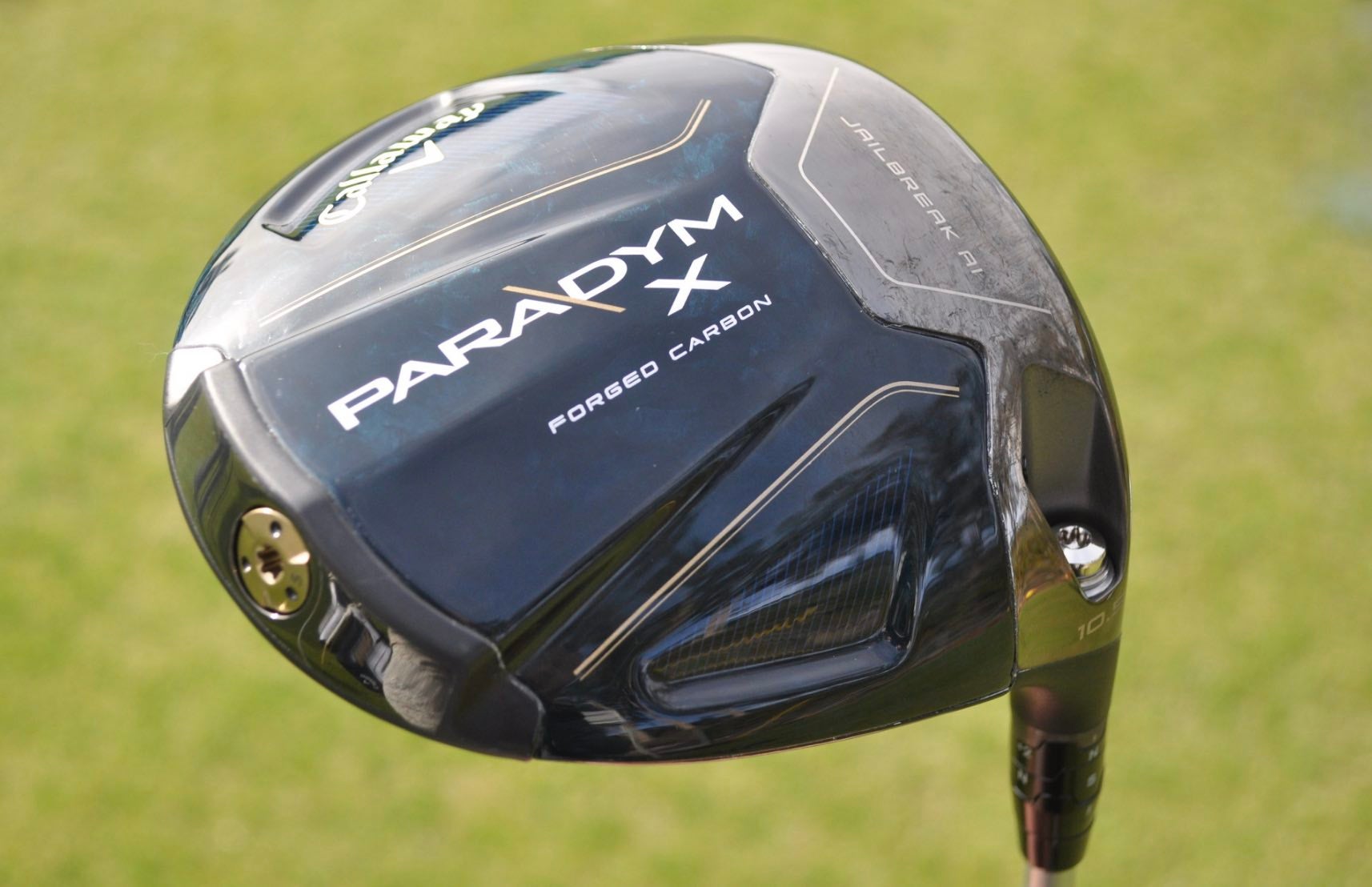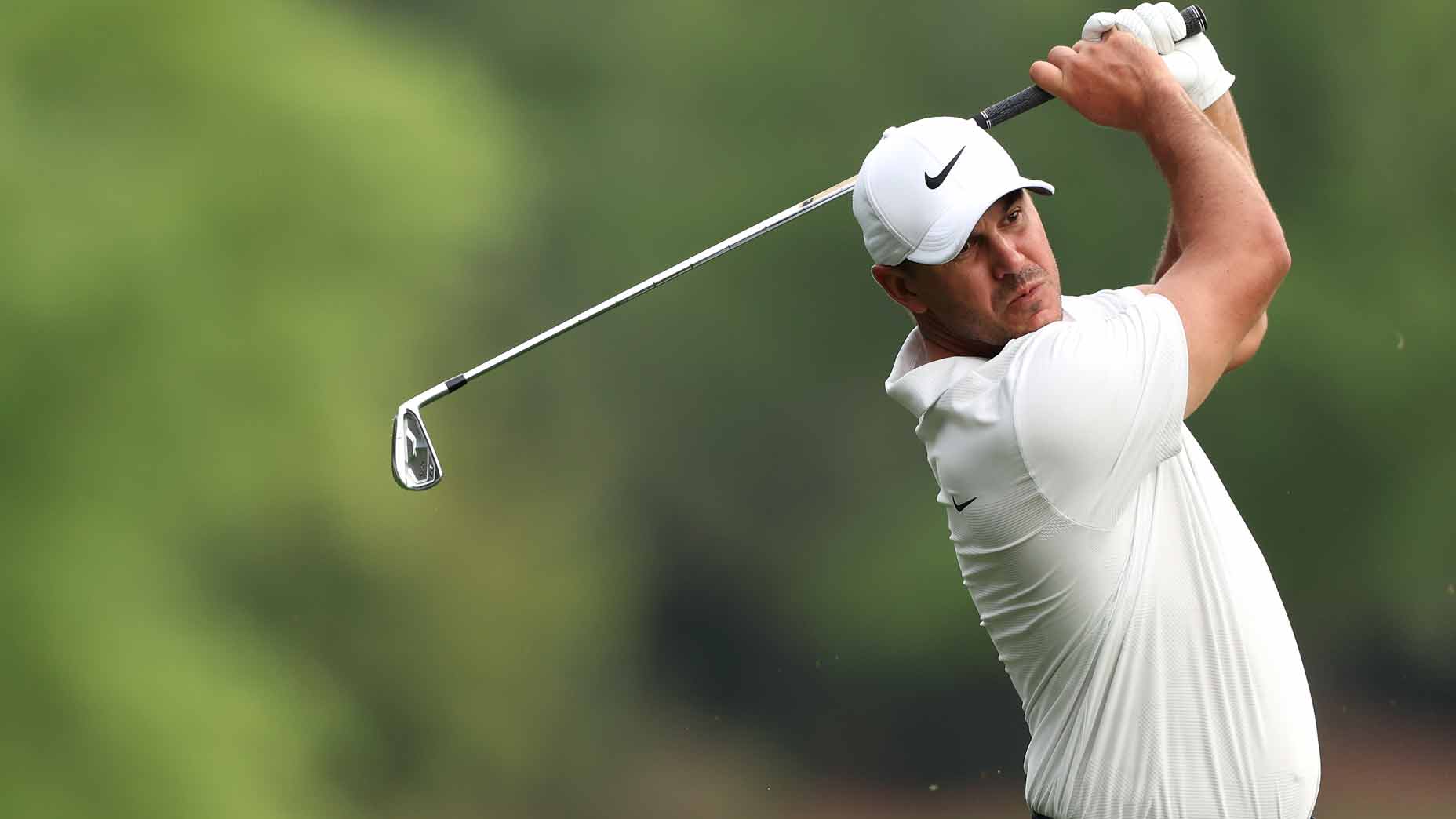What Callaway’s newest Apex irons can do for your game | Proving Ground
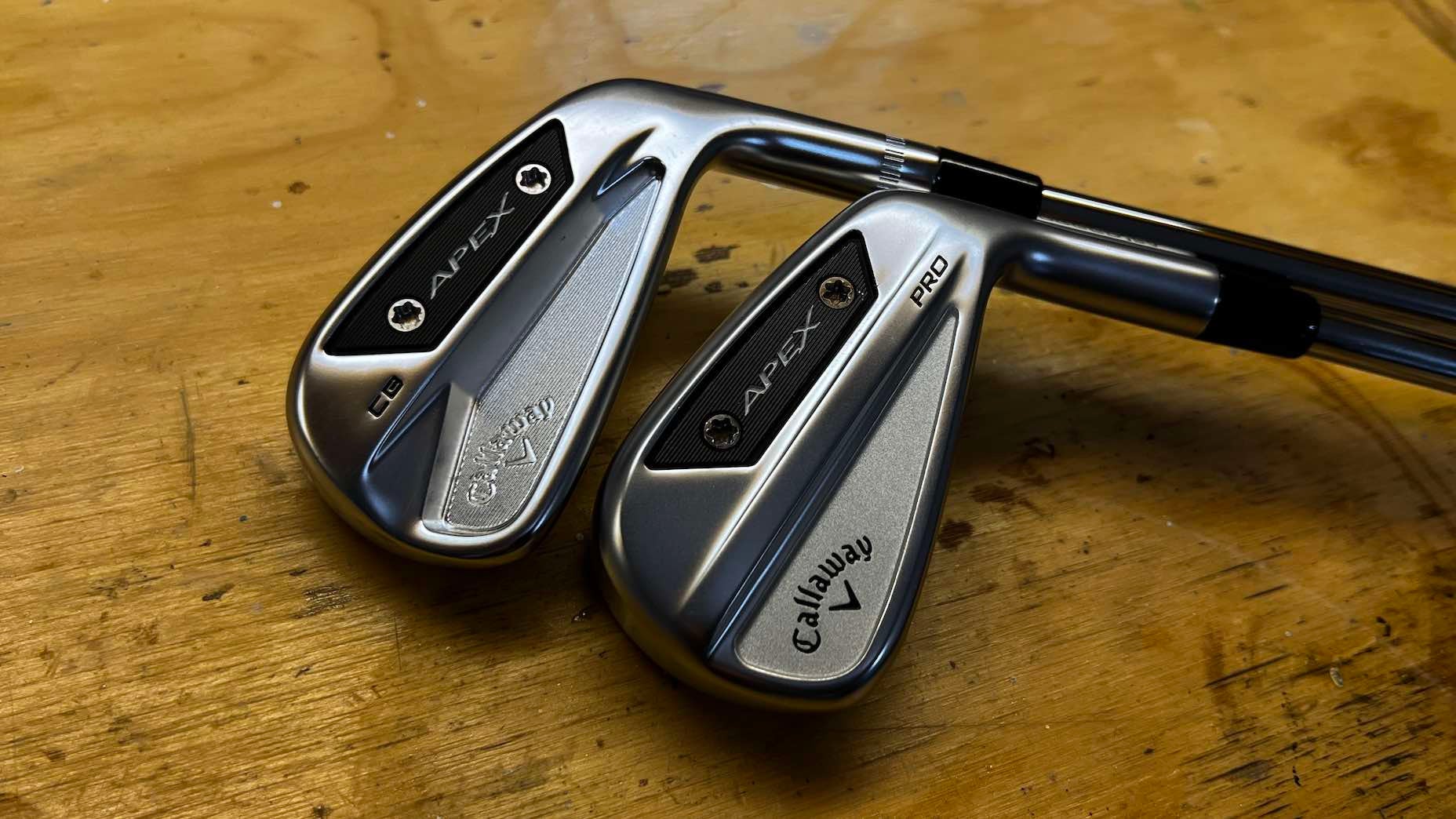
We put the Callaway 2023 Apex iron line to the test to find out how they perform in real-world conditions for real golfers.
Ryan Barath/GOLF
Welcome to GOLF.com’s ClubTest Proving Ground, where Managing Equipment Editor Jonathan Wall and Senior Equipment Editor Ryan Barath put the latest designs and groundbreaking technology in the equipment space to the test on the range and the course.
Callaway’s Apex iron line is synonymous with premium performance, precision and looks, and after three years in the making, the newest iterations of the Apex line came into the world this summer with a new MB (blade), forged cavity back and technology focused Apex Pro. Now it’s our time to put them to the test.
Tools: To best replicate what most golfers experience, I tested an off-the-rack set of Callaway’s Apex Pro and Apex CB irons with the stock True Temper DG Mid 115 stiff flex shafts. The DG Mid115s are right in the wheelhouse of my usual fitted shaft of choice, which is why I tested them as is. As for the MB, I figured I best leave the testing of those to a pro.
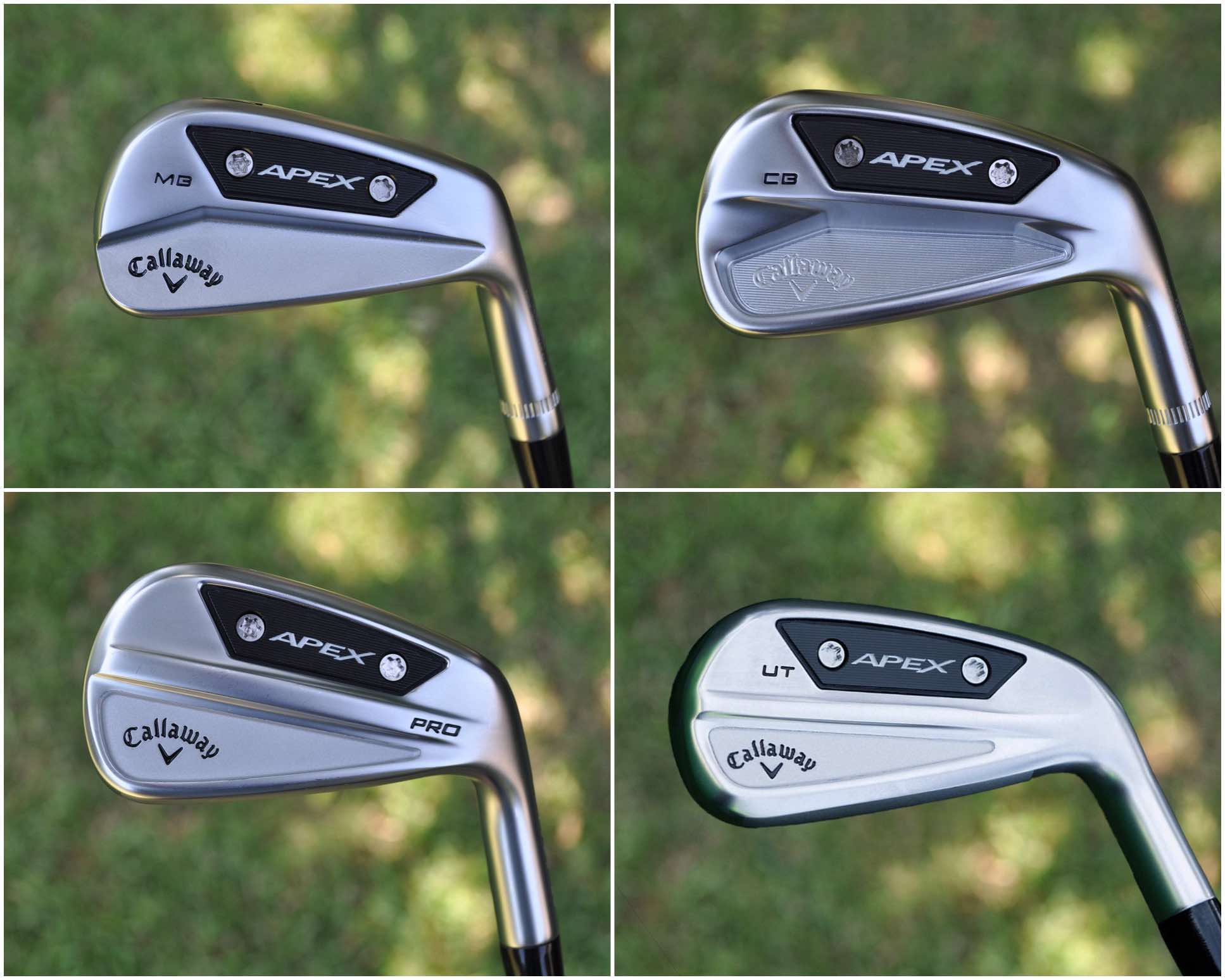
The only adjustments I made to the Apex irons was that I bent them 3 degrees flat from their standard lie angle to best match my usual fitting parameters.
The Test: To find out exactly how the Callaway Apex Pro and CB irons work on the golf course under various conditions with a focus on feel, forgiveness, distance control and how they blend into a combo set.
Callaway Apex Pro design recap
The new Apex Pro models all share similar design cues that tie them together, as well as offer the required performance from the top to the bottom of your set no matter the configuration you choose to build.
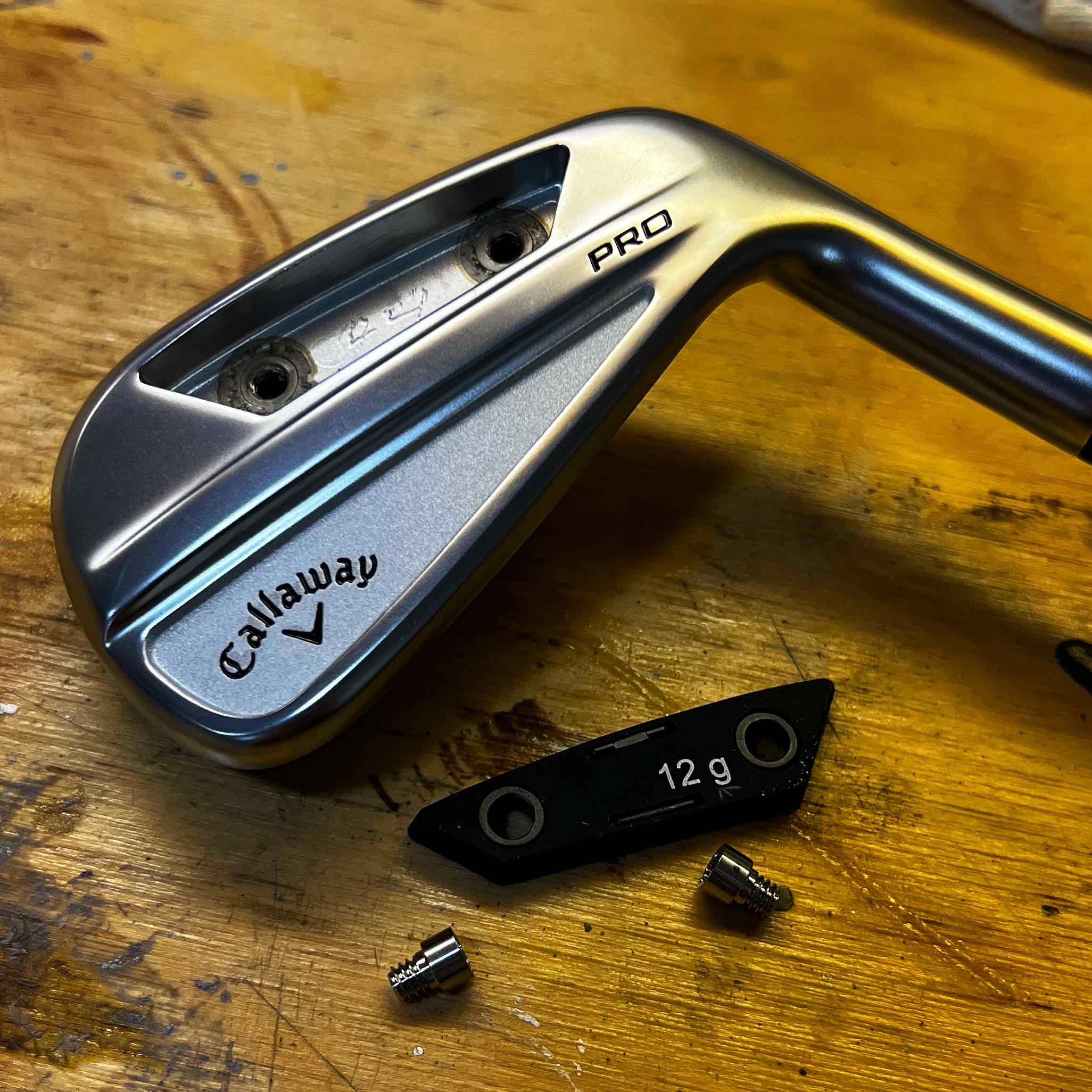
The one-piece forged CB and MB iron models offer a small compact profile with thinner soles, while the Apex Pro offers distance-adding technology in the long irons thanks to a lighter and stronger forged 455 face cup.
Beyond the focused iron sets, the Apex line has a matching utility iron — the UT to provide even more options for the longer irons.
Results: With my first goal of focusing on feel, the Apex Pro and CB knock it out of the park. Of course, mishits are still noticeable — they’re golf clubs, not magic wands — but compared to previous generations and other irons in this category they have a very soft and muted feel, even in the long irons of the Pro with the different face material.
Callaway Apex Pro series
I think a big reason for this is the way Callaway utilizes their Urethane Microspheres technology in the Pro irons and pairs that with a soft rubberized back weight insert through the whole series.
This back weight plate not only helps with feel but allows for true customization of head weights during the build process to ensure tighter final club build specs.
For those looking to blend and build a set, I highly recommend a couple of things. First, make sure to see a fitter to ensure you get your distances and land angles dialed in, along with the right shaft. Secondly, keep an open mind about how your potential combo set will turn out and focus on performance over perception.
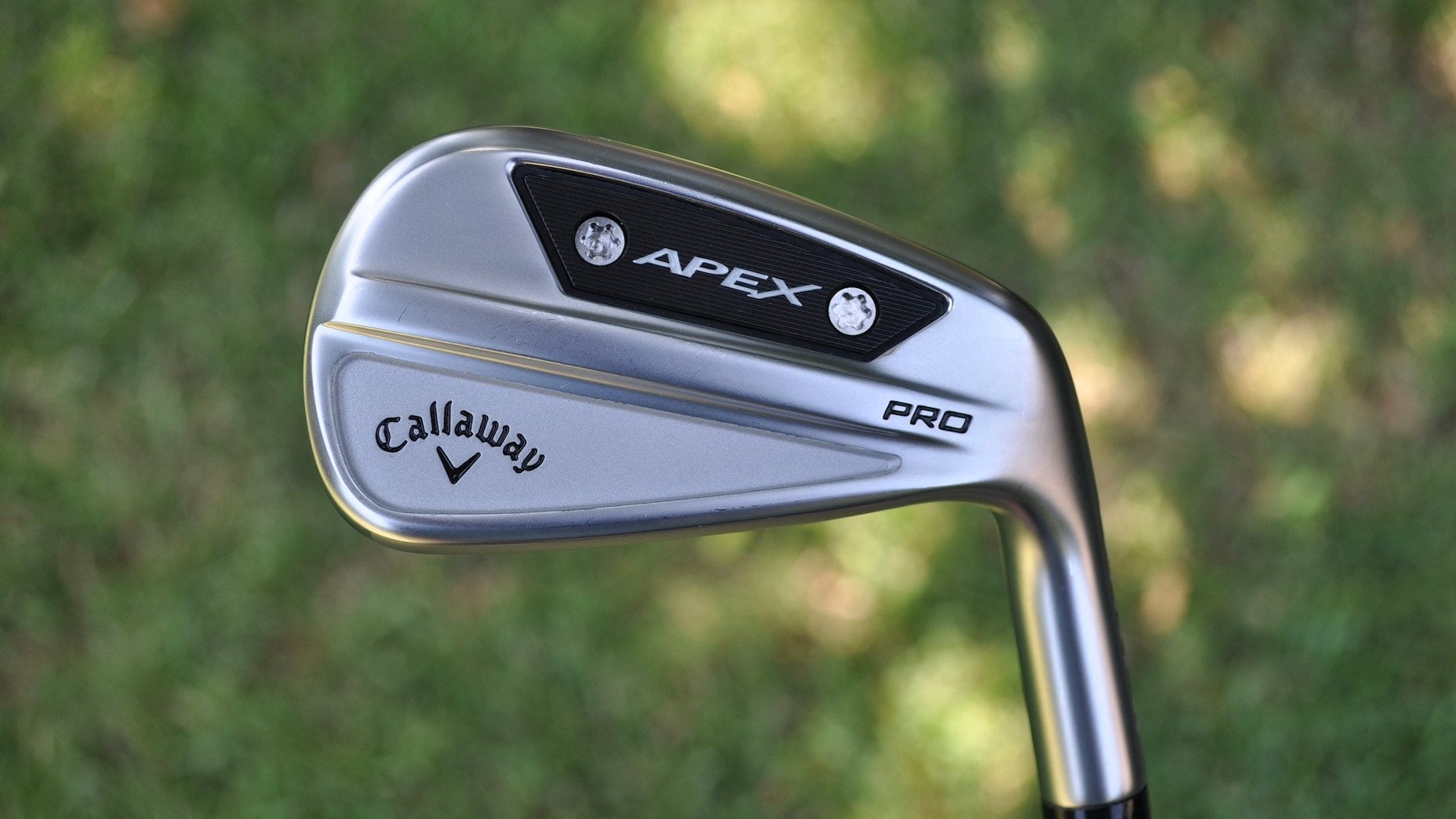
The extra technology and forgiveness in the Apex Pro help make the iron noticeably more forgiving, and for a lot of golfers who don’t want to go to a pure player-distance iron this could be the next best thing.
Conclusion: If you’re looking for a smaller player’s-focused iron that offers a traditional shape from address along with a sole that offers great turf interaction, both the Apex Pro and CB are fantastic options. If you are looking for a bit more distance without sacrificing feel or looks, then the Apex Pro is a must-try.
Want to overhaul your bag for 2023? Find a fitting location near you at True Spec Golf.


